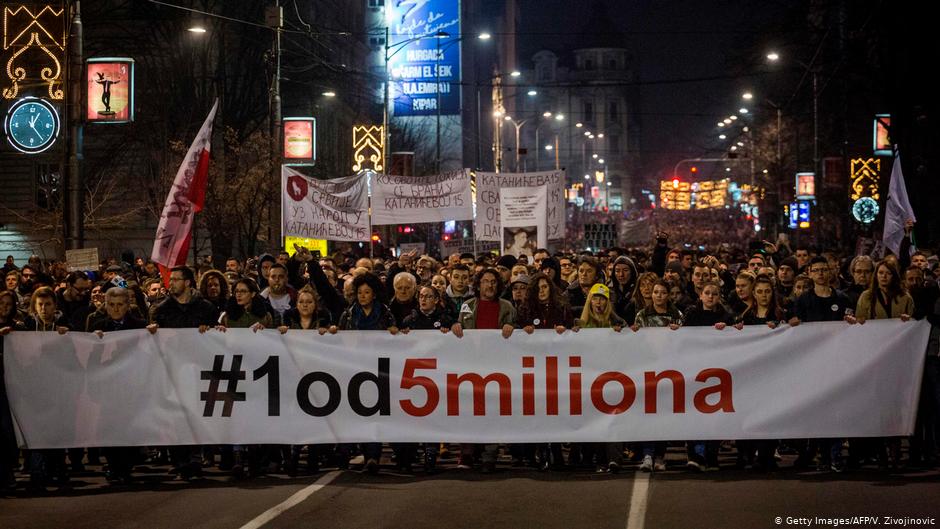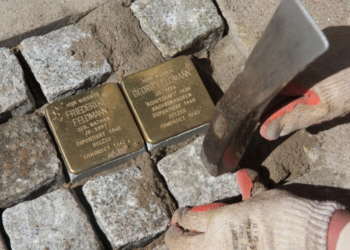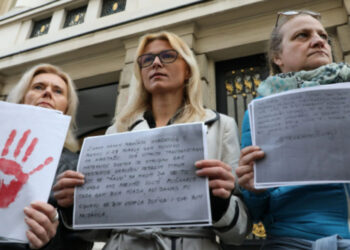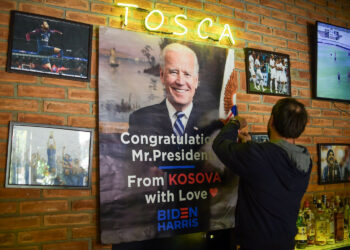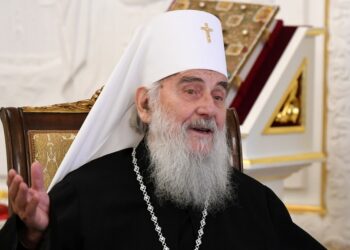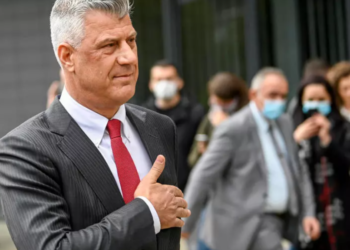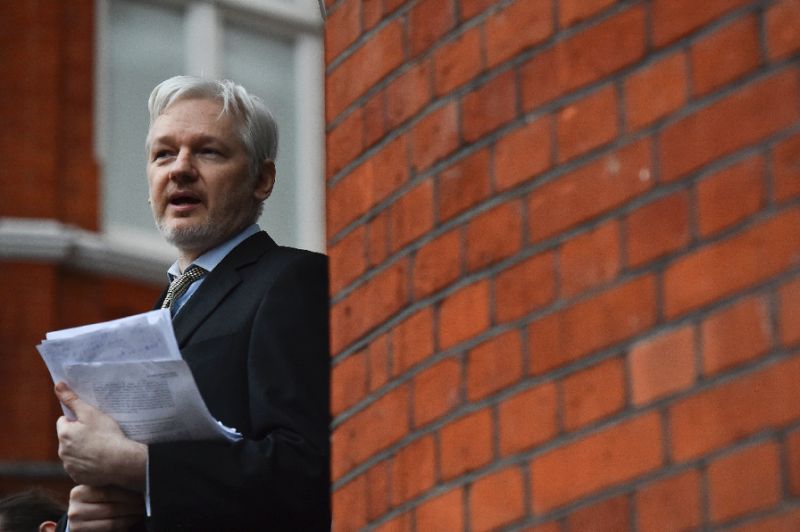At first glance, the recent anti-government demonstrations in Serbia, Montenegro, and Albania seem a rejection of the organically forming “stabilotocracies,” a term for governments that claim to secure stability in a complex region but in reality abuse democracy and the rule of law to remain in power. However, to pour water on the fire of expectations, the protests may not lead to significant changes for the better either in the short or long run, nor are assumptions about the sameness of the dissent necessarily accurate.
In Albania, the protests are the result of students’ displeasure with high university tuition fees and more general dissatisfaction with Prime Minister Edi Rama’s Socialist-led government for its alleged corruption, vote-buying in 2017, and links to organized crime.
Similarly, for months, thousands of Montenegrins have rallied in the streets of the capital Podgorica. They protest the government and party of longtime ruler Milos Djukanovic for corruption, cronyism, suspicious financial dealings, and for just having been around too long (Djukanovic has been in office in some capacity since 1991, except for a brief hiatus).
And in Serbia, politically arguably the most complex of the three nations, the government of prime minister-turned-president Aleksandar Vucic, leader of the somewhat ironically-named Serbian Progressive Party, has faced weekly protests since December 8, following the beating with knuckle dusters of opposition politician Borko Stefanovic.
The demonstrations, which have widened beyond the capital and vector of power Belgrade, began under the auspices of the so-called Alliance for Serbia, a hodgepodge of various parties and political ideologies. The protests have focused on the usual allegations of corruption, election fraud, and state control of the media.
On March 16, events appeared to come to a head when opposition leaders and protesters forced their way into the headquarters of public broadcaster Radio Television Serbia, only to be driven back by police in riot gear.
Vucic’s Political Career
In Serbia, if it is Aleksandar Vucic demonstrators want out, it is Vucic who is unlikely to accommodate them. This is borne out by his career in Serbian politics.
Vucic had his beginnings as a Serbian nationalist under Slobodan Milosevic back in the 1990s, serving as Minister of Information between 1998 and 2000. Although he eventually joined and then left the Serbian Radical Party and renounced ultra-nationalism, his decisions as Minister of Information to ban foreign TV networks and introduce fines for journalists criticizing Milosevic is in keeping with his control over the media today.
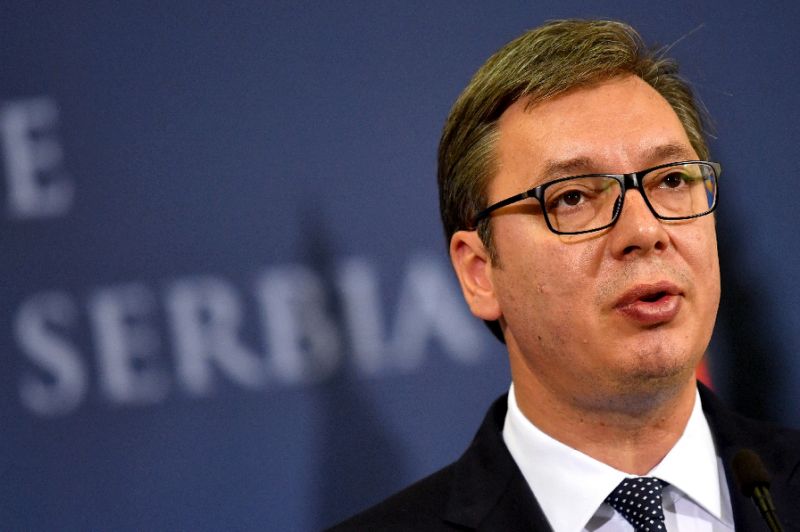
His appointment of Ana Brnabic to the post of prime minister in 2017, Serbia’s first woman and gay person in the position, is a gesture meant to facilitate Serbia’s E.U. chances by painting it in a progressive light, but doesn’t affect Vucic grip on power or methods, even though the prime minister’s office is the strongest constitutionally. Despite Brnabic’s PR usefulness, some would argue that her Srebrenica massacre genocide-denials undercut her progressive credentials.
Vucic’s moderate tone in casting himself and his government as civilized keepers of order, while castigating the opposition as lawless and violent (and overly nationalistic), may be disingenuous.
Balancing Act
Point being, the autocratic (not so much populist) predilections that Vucic has shown over time have not changed fundamentally. When push comes to shove, he is a political product of the methods in the old Yugoslavia. But he is trying to change his colors.
These days, he is delicately tight-roping between east and west, between traditional cultural and military links to Russia on the one hand and to western economic interests represented by the E.U. on the other. The thorny issues of Serbia’s interests in Kosovo (including Vucić’s proposal for a negotiated land deal), and Putin’s continuing desire to maintain a foothold in the Balkans, add another layer of complexity to the Serbian situation, and make its problems harder to resolve.

All this means that the situation in Serbia is different than that of its fellow former Yugoslav republic Montenegro, given Montenegro’s western rapprochement (joining NATO in 2017) and its disentanglement from Serbia’s and Russia’s orbit of influence. And yet, a certain percentage of Montenegrin protesters might just be similar to those Serbian nationalists among Serbian protesters who lament the pro-western direction in their own country.
Weakness and Fragmentation
While demonstrators in Serbia have weaponized themselves with more specific demands than in 2017 after Vucic’s suspiciously big election victory, and even though they came up with slogans like “One in Five Million” in clever response to their president’s contemptuous remark that he wouldn’t give in to protesters’ demands “even if there were five million people in the streets,” the protesters lack a coherent, political answer.
In other words, the increasing number of demonstrators in the streets and the wide range of ideological voices against the president might be less a sign of the opposition movement’s strength than its weakness and fragmentation.
Disclaimer: The views and opinions expressed here are those of the author and do not necessarily reflect the editorial position of The Globe Post.

